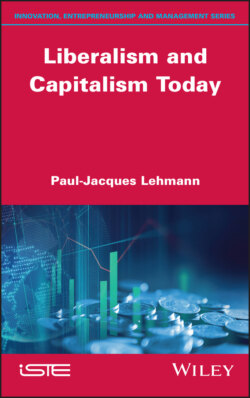Читать книгу Liberalism and Capitalism Today - Paul-Jacques Lehmann - Страница 19
1.3.1. The hold of the military and the nobility in Antiquity
ОглавлениеWeber insists that, in Antiquity, capitalism had a strong political and military coloration. Armies played a central role in public life and their influence grew as their members succeeded in uniting. However, only the rich were able to access military functions because recruits were obliged to finance their equipment themselves. At the same time, the nobility had to turn to them when faced with financial problems.
It is clear that slaves, both as debtors and as prisoners of war, could not exercise any political or economic power. Yet, this was also true of freed slaves – those slaves whose owners had given them back their freedom. As second-class citizens, even outside of military activities, all trades under the jurisdiction of the state were closed to them: tax collector, provider of state supplies, public officer in commercial operations, public works builder, etc. As for craftsmen, they could not play any political role. Small landowners who were free but condemned to pay their debts to their creditors aimed to raise enough money to buy or buy back their freedom.
It has already been pointed out that the economy remained traditional, with the father of the family having absolute power over the domestic unit. The state came to the aid of the population to provide the necessary grains when the harvest was poor. Slavery and serfdom remained in the agricultural domain, and it was only when they had begun to diminish that artisans from these two social statuses began to appear. However, many remained unemployed, and therefore in poverty, and played no political role. Others managed to live a decent life and build up significant financial resources.
